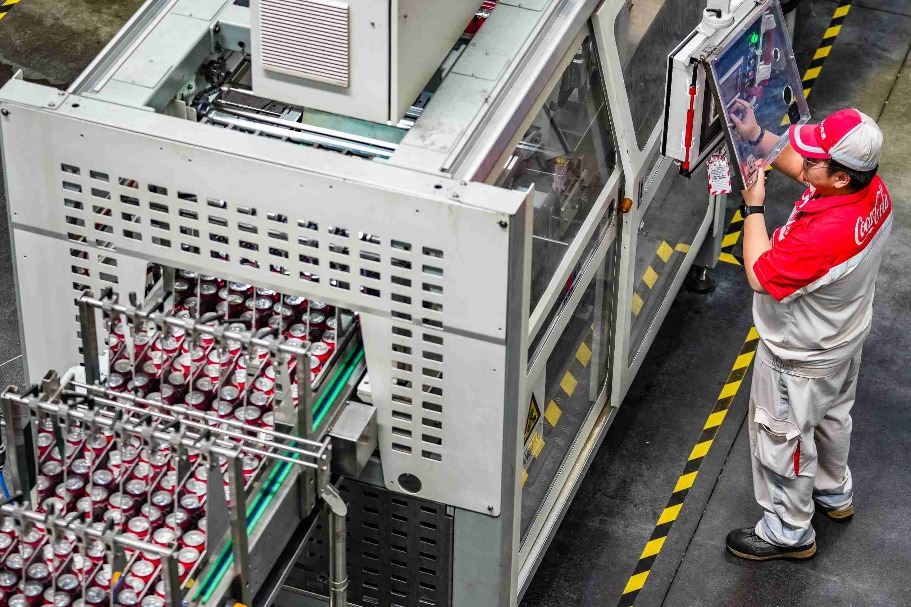Reform village reflects on past, looks to future

In early 1978, the collective system of agriculture introduced in the 1950s was still in place throughout China and had drained farmers' desire to work hard. Villagers in Xiaogang, a production brigade for a large commune, received a grain allotment and cash payment based on the puny harvests of the commune as well as handouts from the government. But it was still not enough.
Facing extreme poverty and even starvation, Yan and 17 other farmers from Xiaogang made a secret pact to resist the egalitarian agricultural system, even if it could mean prison. They agreed that each household would work its own plot and sealed their agreement with red fingerprints.
After a record-breaking bumper harvest, the results were clear: the new system had unleashed farmers' long dormant enthusiasm. Soon the central government gave its approval to the system, which was quickly adopted across China.
In the fall of 1981, 14 of the Xiaogang farmers involved in the pact took a group photo at the hut where the farmers had sealed their agreement. The joy of having escaped hunger and poverty was written all over their faces.
Reporter: Faisal Kidwai, Lin Hanqing and Wang Yinuo
Editor: Li Xin
Produced by: Wang Yino
Today's Top News
- China, US to hold trade talks in Malaysia
- Hong Kong to spur Greater Bay Area development
- US needs to demonstrate constructive mindset to build on progress of previous trade talks: China Daily editorial
- CPC Central Committee to hold news conference on plenary session
- CPC plenum concludes, adopting recommendations for China's 15th Five-Year Plan
- China to hold economic and trade talks with US in Malaysia






























